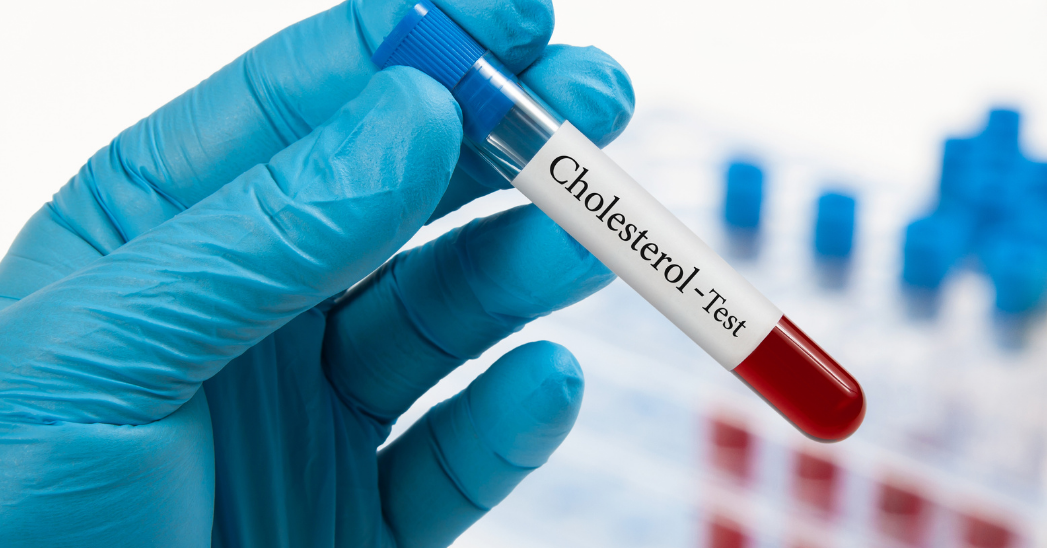
Bad cholesterol: LDL cholesterol
Celine HaarhoffHigh levels of low-density lipoprotein (LDL), also known as "bad" cholesterol, can increase a person's risk of developing heart disease. Sometimes, a person may be genetically predisposed to high LDL levels. This means that their genes make them more likely to have high LDL levels compared to others who do not have the same genetic makeup.
Increased LDL cholesterol may not withhold much cardiovascular risk in isolation. The total level of LDL does not tell you which subtypes are most abundant and whether the molecules are oxidized or not, which is what causes the most risk.
A genetic test can help identify a person's genetic predisposition to high LDL levels. This test analyzes a person's DNA to look for genetic variations associated with high LDL levels.
One of the main benefits of a genetic test for high LDL levels is that it can provide valuable information to help a person make informed decisions about their health. It may provide a lot of insight into interpreting their cholesterol test results. The results can help bring everything into perspective to determine someone's overall cardiovascular risk profile better.
A genetic test for LDL levels can also help a doctor determine the best treatment for a person with high LDL levels and which treatments should be a priority.
Overall, a genetic test for high LDL levels can be an important tool for helping people understand their risk of developing heart disease and take steps to prevent it. If you are concerned about your risk of high LDL levels, talk to your doctor about whether a genetic test is right for you.
